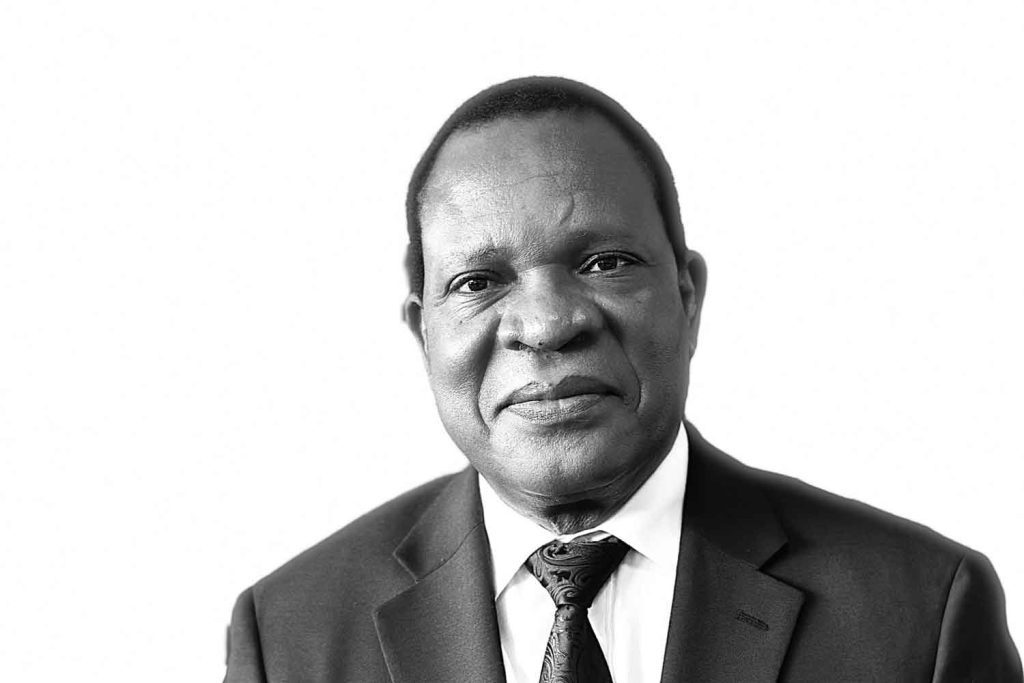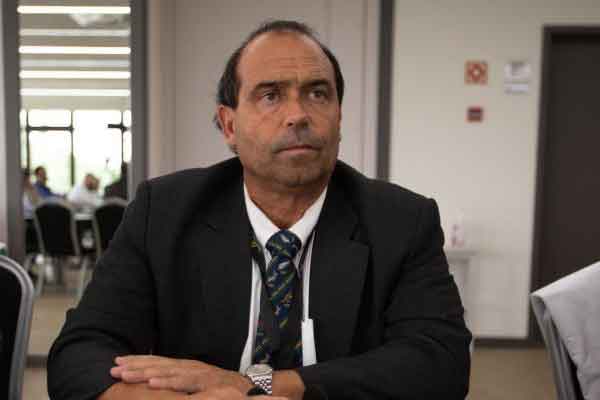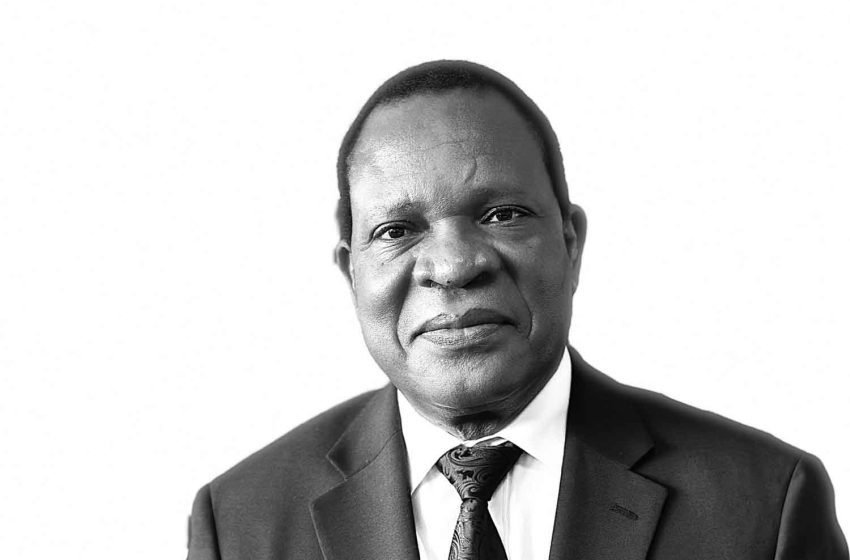
Zimbabwe’s minister of agriculture, Anxious Masuka, opened the International Tobacco Growers Association’s (ITGA) 2023 Africa regional meeting June-28-29 expressing strong support for the tobacco sector
Growers’ representatives from four of the leading tobacco producing markets in Africa—Malawi, Tanzania, Zambia, and Zimbabwe—gathered in Harare to debate the challenges and opportunities facing their sector. Participants requested the support of their governments in the face of multiple threats affecting tobacco production, which brings considerable socioeconomic benefits to the region. Among other topics, they discussed growers’ sustainability efforts and the situation of in their respective markets.
Highlighting the central role of tobacco growing in Zimbabwe’s economy, Masuka provided details about the country’s Tobacco Value Chain Transformation Plan, which is supposed to increase value addition of the crop and improve local earnings (also see “The Man Behind the Plan,” Tobacco Reporter, May 2023). Masuka aims at record volumes, record earnings and record average prices for tobacco growers. He stated that the actions of the World Health Organization Framework Convention on Tobacco Control (FCTC) are “ill-informed and ill-timed.” “Tobacco in Zimbabwe is an important crop and we are not making any apologies about it,” said Masuka.
Ryan Swales, the president of Zimbabwe Tobacco Association (ZTA), highlighted the important opportunity presented by the meeting in debating the regional and national issues, given the specific challenges attached to the market, predominantly in sustainability.

Governments need to look at farmers as their main strategic partners and support their efforts.
Jose J. Aranda, president, ITGA
ITGA’s President Jose J. Aranda called on governments to support growers in their sustainable tobacco production efforts as the livelihoods of millions of people around the world depend on it. Tobacco growing, he said, brings valuable contributions to local economies in the form of labor, income, and further opportunities for growth. Aranda also emphasized that tobacco growers operate within a legal framework. “Governments need to look at farmers as their main strategic partners and support their efforts.”
During the Open Session, participants were able to follow presentations about the current developments in the global leaf market, with focus on African production and pricing, the outlook of the regulatory environment and possible implications for growers, along with a detailed analysis of the ITGA 2023 Market Survey, which highlights the economic, social and environmental challenges for growers in all leading tobacco growing areas. Finally, there were two comprehensive debate sessions with key stakeholders in the four represented markets discussing sustainable tobacco productions and the efforts made to overcome the pressing challenges of the region—cost of production, deforestation, climate change, poverty and lack of opportunities for the youth.
The ITGA also highlighted its World Understanding Tobacco Farming Day campaign. Aranda urged the sector to work together against the demonization of tobacco growing. ITGA is raising awareness about the realities of tobacco farming to stop the unfounded claims by the WHO FCTC in their World No Tobacco Day.











